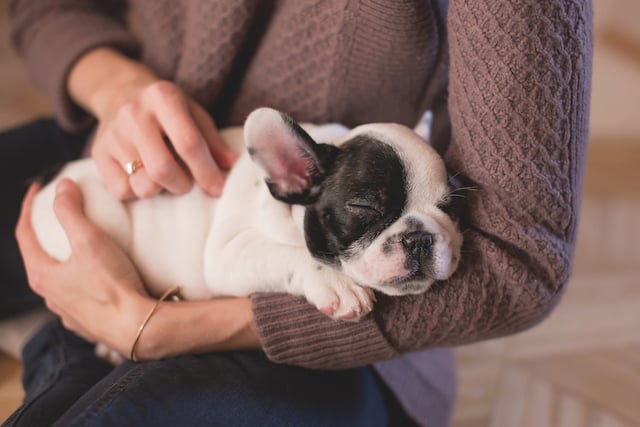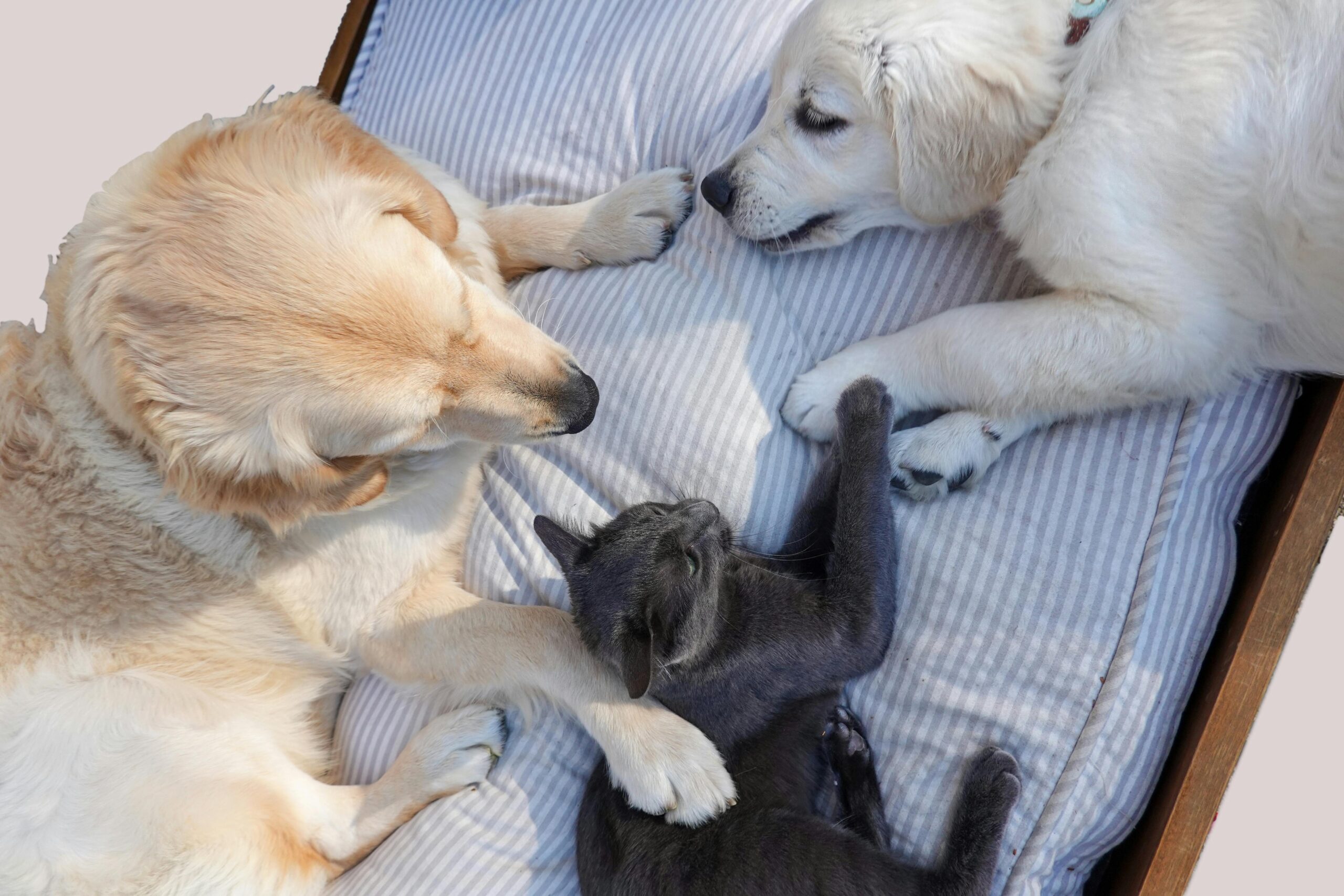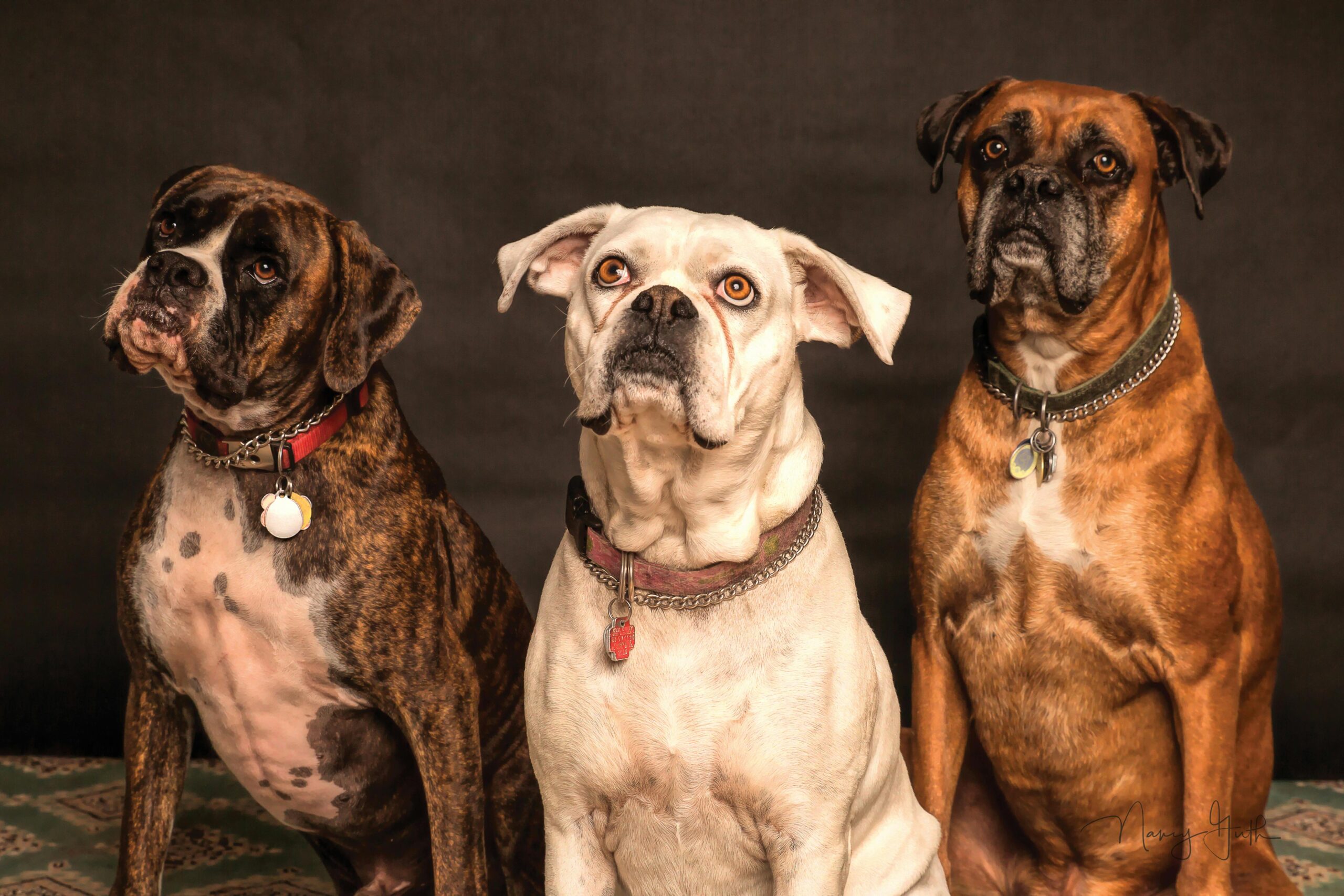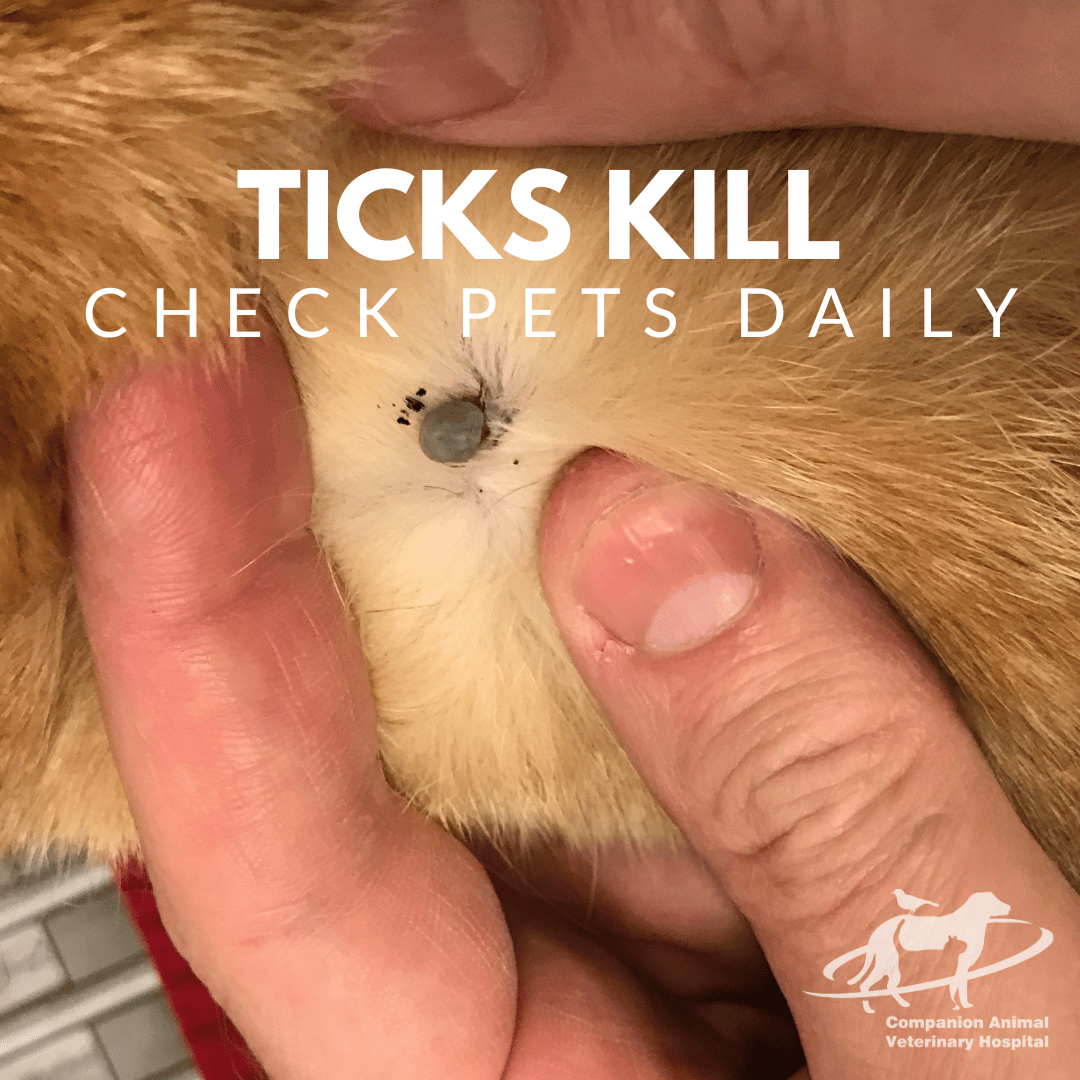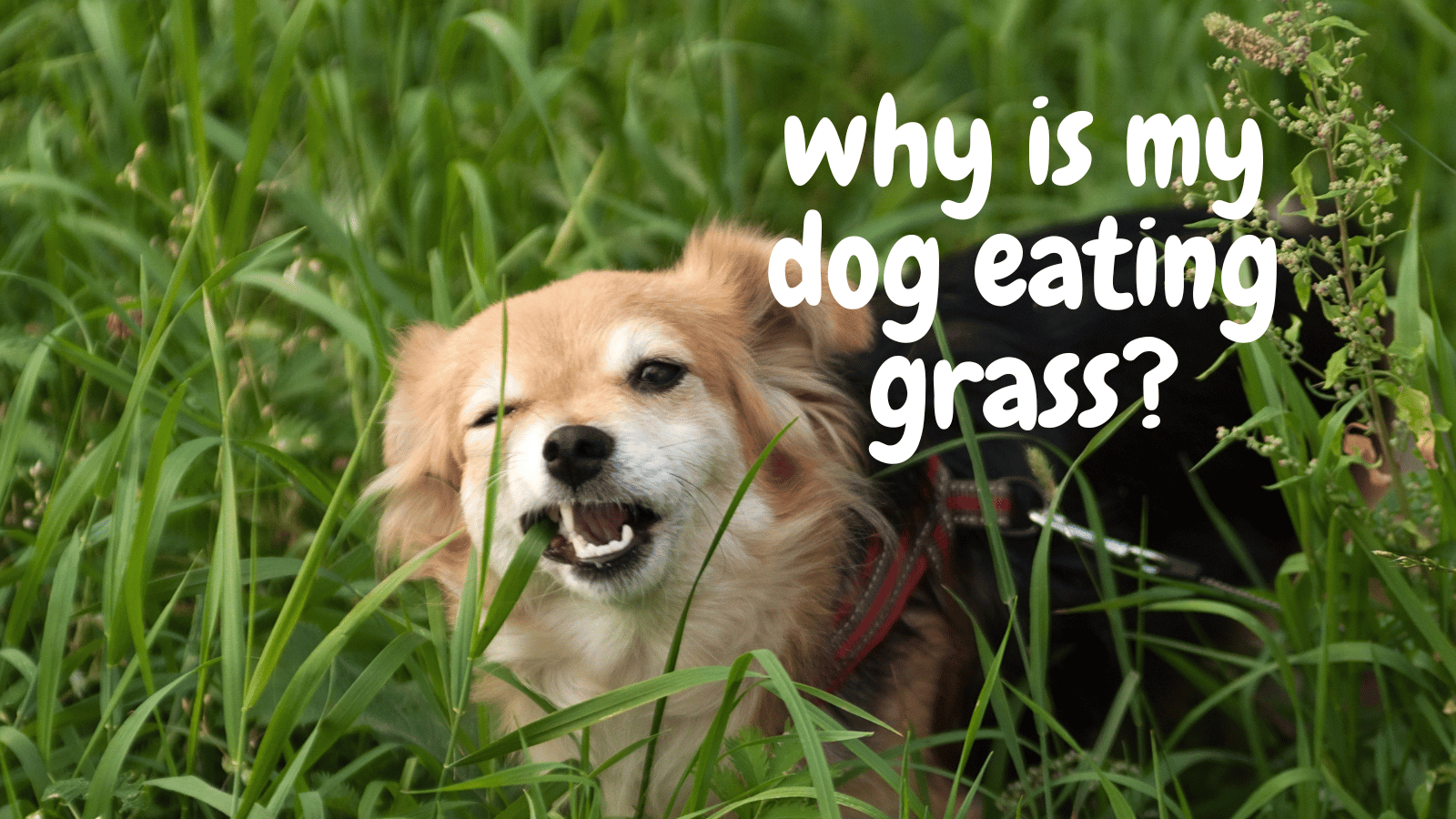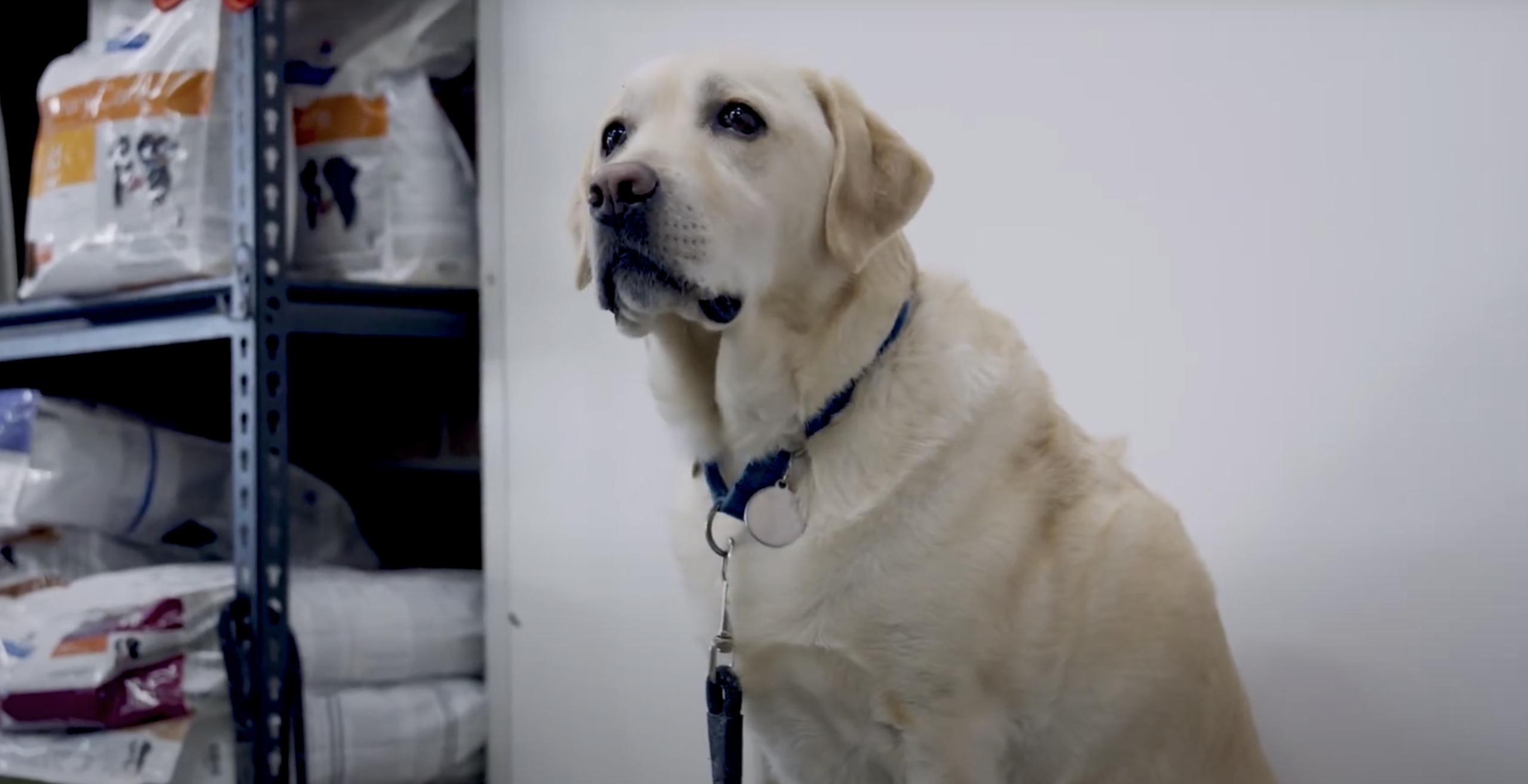- There are different variants of the virus in Australia including the 2C strain which was recently confirmed in dogs in South Australia and Victoria.
- Vaccination is highly effective against all strains of canine parvovirus including the 2C strain.
- The vaccines we use are used globally in other countries where 2C has been identified for years and is protective there. The current vaccines have also been shown to be effective in challenge studies.
- Dogs with parvovirus are extremely ill. If you’re dog is wagging it’s tail and looking at you wondering what all the fuss is- it’s probably not parvo!
- Immunity in pups won’t develop until their maternal antibodies go. This can be up to 16 weeks which is why we recommend the final vaccination be when the pup is at least 16 weeks.
- When determining when it’s safe to take your pup out it is a matter of waying up the risks of getting parvo vs the benefits of socialisation. This varies according to individual circumstances and you should obtain advice from your vet regarding your circumstances.
- Non-responders to the vaccine can occur but it is extremely rare. Adult vaccinated dogs can be regarded as protected.
At CAVH we follow the World Small Animal Veterinary Association Guidelines on Vaccination. In particular note that “All genotypes are antigenically related; challenge studies have shown that vaccination of dogs with current CPV vaccines containing either CPV-2 or CPV-2b will provide protective immunity against all the other variants, including CPV-2c” as described in the WSAVA guidelines 2015.
You can get a copy of the 2015 VACCINATION GUIDELINES FOR THE OWNERS AND BREEDERS OF DOGS AND CATS here
